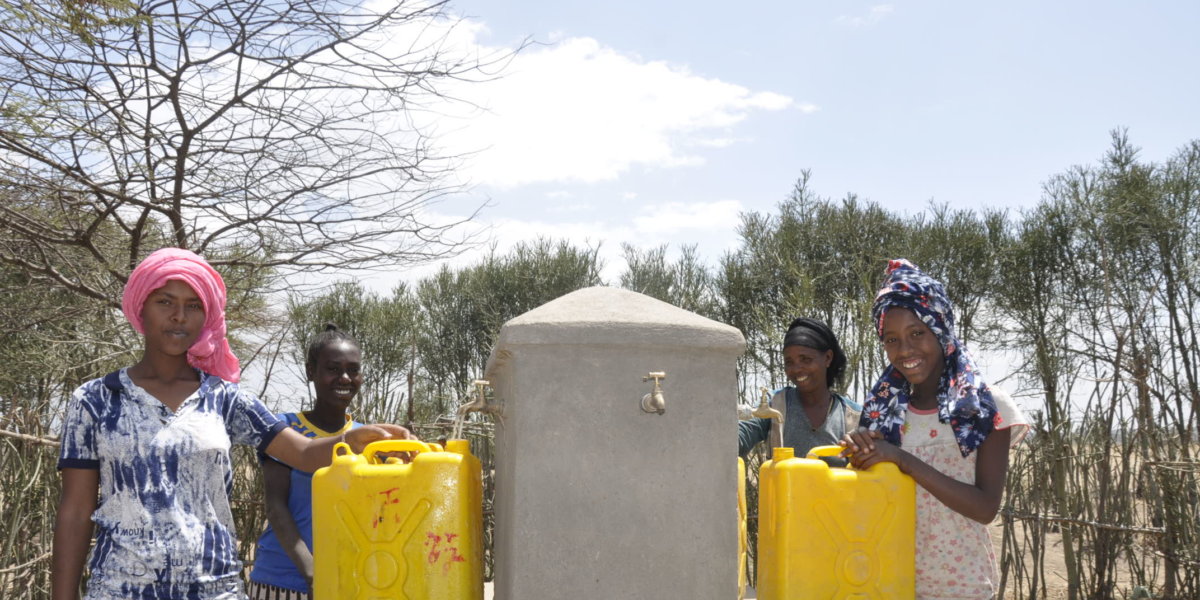

Habitat for Humanity International
Habitat for Humanity was first imagined at Koinonia Farm in Americus, Georgia. Founded by farmer and biblical scholar Clarence Jordan in 1942, Koinonia Farm was committed to community and racial equity.
In 1973 at Koinonia Farm, Jordan and Millard and Linda Fuller developed the concept of “partnership housing,” which emphasized people working side by side to build decent, affordable homes. From that idea, Habitat for Humanity International was founded in 1976. Today, Habitat affiliates work in more than 1,400 communities and 70 countries.
Twin Cities Habitat was established in 1985 by a Lutheran congregation in South Minneapolis. Since then, more than 1,500 families have partnered with us to achieve affordable homeownership. Twin Cities Habitat is one of the highest-regarded Habitat affiliates worldwide.
Habitat for Humanity Ethiopia
Habitat for Humanity Ethiopia is part of Habitat for Humanity International. Habitat Ethiopia started work in 1993 with the aim of assisting low-income and vulnerable families to move out of substandard housing. Habitat Ethiopia has been able to diversify its areas of interventions to help families across the country. As a result of the efforts made over 29 years, Habitat Ethiopia helped 165,000 families (826,000 individuals) in 19 communities to move to decent houses, have access to safe water, improved hygiene and sanitation services. About 74,800 families received hygiene awareness-raising, saving and financial literacy training. The target beneficiaries are people with low income, vulnerable and marginalized groups, women-headed families, and elderly people.
In addition to housing, Habitat Ethiopia expands its work focusing on Water Sanitation and Hygiene, and communal infrastructure such us walk ways and ditches. Habitat Ethiopia also joins the national efforts being made to help people affected by drought through its WASH Resilience Building Project. Currently, Habitat Ethiopia is working in partnership with communities in Addis Ababa, Negele Arsi, Shewa Robit and Debere Berhna towns.
To expand its work in terms of scale and depth and reach more families through housing, water, sanitation, and hygiene, Habitat Ethiopia is developing strategic plan. While the strategic plan development is in progress, we take into account the multidimensional poverty challenges in Ethiopia to diversify our interventions and bring about impact at community, sector and societal levels. The key components of the strategy are programs designed to address urgent needs. Read more about our projects and communities we work with.
